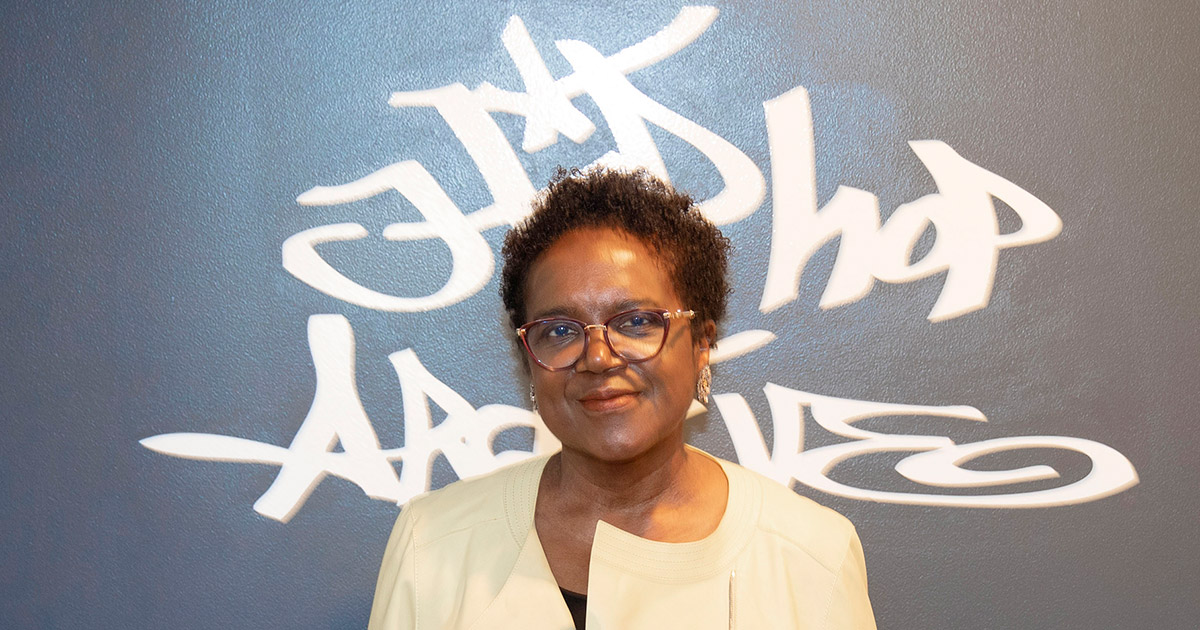
Not surprisingly, after the album was released, more artists began talking about police abuse directly. People wrote and rhymed about how difficult it was to walk to school if you’re in a gang neighborhood. They talked about how difficult it was to get to school when the police were also trying to make sure young Black men learned that the streets belonged to law enforcement by intimidating them and depriving them of their rights. We get not just the story of “I got chased,” but songs that are much more layered like “Fight the Power” [from Public Enemy in 1989], “Sound of Da Police” [from KRS-One in 1993] a year after the beating of Rodney King. There is also “99 problems” [in 2003] with Jay-Z describing his version of an unjust traffic stop. As one listens to the lyrics in that verse you begin to realize, “Wait a minute. He’s talking about racism.”
GAZETTE: It’s impossible to not talk about N.W.A. without discussing their often-cited song “F— tha Police.” Even in the recent slate of protests, it’s been a rallying cry for some. Why is that song so poignant?
MORGAN: The song is really an amazingly creative work. It includes strong, rhythmic rhyming with content that is a story of injustice created through music samples and sounds that represent the neighborhood and its history and the people who live there.
When you listen to it, the first thing you understand is that N.W.A. is in court and you know it’s going to be a weird trial because Dr. Dre is presiding. He’s the judge. And it’s the case of N.W.A. versus the police department. You’ve got your prosecutors: M.C. Ren, Ice Cube, Eazy-E. This is a hiphop court, after all, and it isn’t clear what a hiphop court is at this point. N.W.A. starts making their case as the song provides specific examples of police misconduct and a legal system designed to incarcerate young people of color.
In the first verse alone, Ice Cube covers everything from Black people having it “bad” and being targeted by cops because they’re brown and directly coming out and saying because they are “not the other color” that police think “they have the authority to kill a minority.” He says he isn’t the one for someone with a badge and a gun to get beaten on and then thrown in jail or worse — and this is what we see through social media videos now, right? Then Ice Cube goes into what it’s like to be profiled as a young Black man who seems a little well off — wearing gold, having a pager. He’s getting his car searched “looking for the product” because cops think every Black person is “selling narcotics,” and, ultimately, raps/sings about how they’d rather see him locked up in jail than being a successful Black man.


